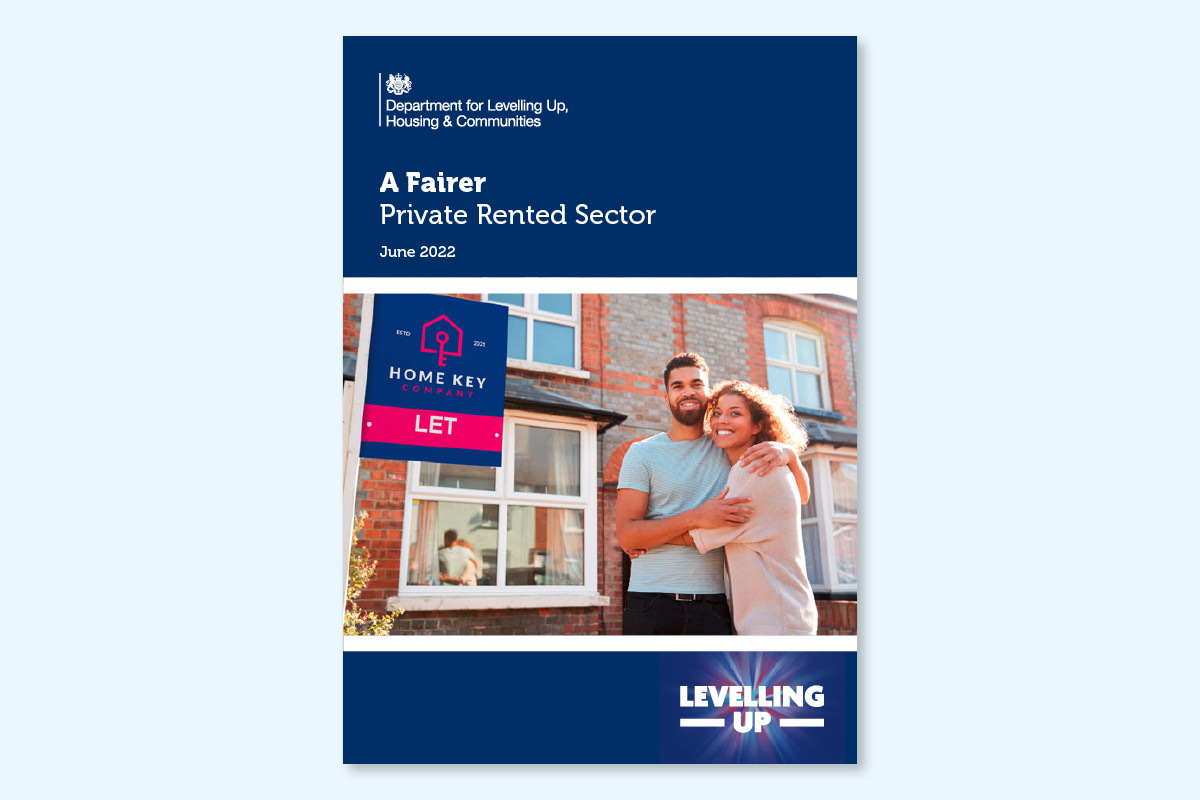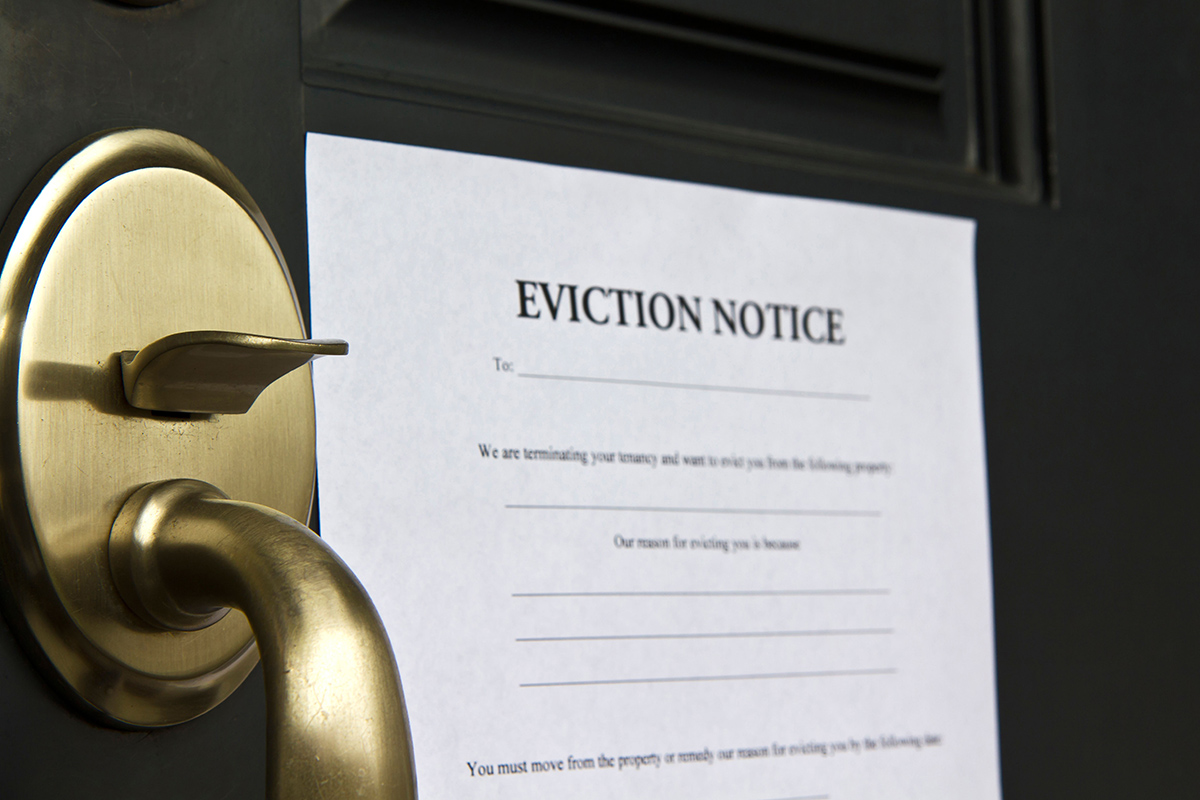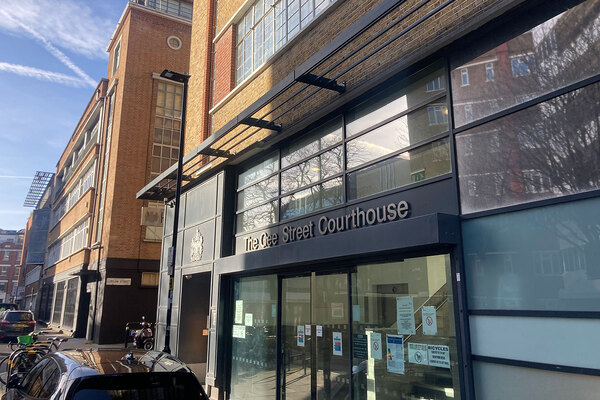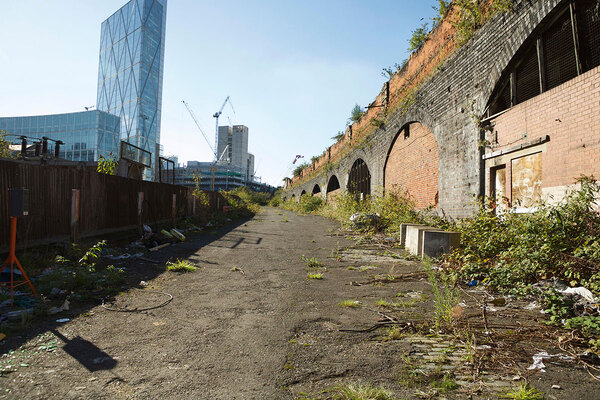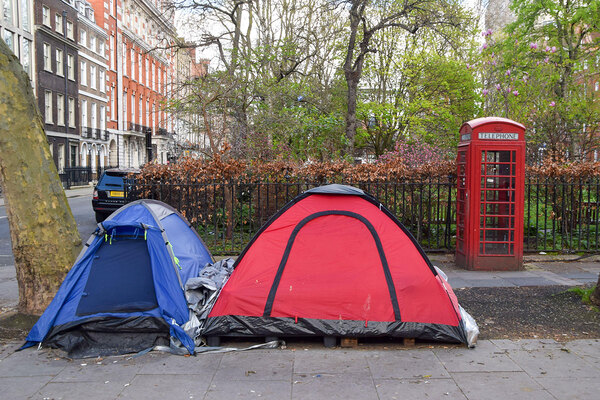You are viewing 1 of your 1 free articles

Faisal Butt is vice-chair of Tower Hamlets Community Housing
Does the PRS white paper go far enough?
The government’s proposals to reform private renting in England have been widely welcomed. Faisal Butt wonders whether they go far enough
The government has published its long-awaited proposals to completely overhaul the private rented sector and redress the balance in favour of providing tenants with more security, stability and decency. Many of the changes have been muted for several years, and it is good to finally see the white paper set out these proposals in some detail.
Back in the early 2000s, you may recall the running of the first iteration of the Decent Homes Programme, which looked to bring social housing up to a decent standard. There was a good level of funding available from government if you passed inspection.
The re-emergence of the Decent Homes Standard, as set out in the Social Housing White Paper earlier this year, reaffirms the government’s commitment to quality, decency and involvement from residents as key strands to strengthen consumer standards. While this is good to see, does the Renters Reform White Paper go as far?
Having lived in the private rented sector at several points in my life, I can attest to having lived in varying standards of accommodation, from the quite poor to the very good.
In my later life, I have had the advantage of working in the sector, knowing what to look out for and being savvy enough to spot the signs (good or bad).
However, in my younger days, I was not so lucky, nor did I know any better. I once had a landlord who tried to take £60 out of my deposit to replace a light bulb (in the days before tenancy deposit protection). It is important that we continue to make improvements in the PRS, and it is good to see the white paper set out a desire for landlords to work towards a benchmark standard for the homes that they let.
“The ombudsman can order landlords to pay up to £25,000 in compensation to their tenants and allow tenants to claim back rent from their properties over the period they deem that the home was not liveable… It does raise a question why we don’t we offer a similar redress to social housing tenants”
This is vital, especially for those who often have very little choice and can only afford to rent a home at the lower end of the market.
Of concern are rogue landlords who take advantage of tenants who cannot afford higher rent – from beds in sheds with inadequate insulation or fire protection, to those who rent beds by the hour rather than the room.
While these are cases found at the extreme end of the renting spectrum, they are often linked to a variety of health and safety violations that can pose a risk to life, and subject those with little real choice to continue to live in sub-standard accommodation.
Within the white paper, private landlords look to be placed firmly within a regulatory framework. The ombudsman can order landlords to pay up to £25,000 in compensation to their tenants and allow tenants to claim back rent from their properties over the period they deem that the home was not liveable, which is welcomed. It does raise a question as to why we don’t offer a similar redress to social housing tenants.
I am sure you will all agree that we need to build more social housing. However, I am a firm believer that we also need to build a variety of homes to meet a variety of needs. This can be from social, supported and extra-care housing, to build-to-rent, shared ownership and market sale housing.
Having a national housing strategy setting out a pragmatic approach to increasing and regulating tenures of all types would help. Scotland and Wales have always been several years ahead of the curve when it comes to housing policy.
“Research by Shelter shows that Scottish renters have been reaping the benefits of open-ended tenancies since the introduction of the Private Residential Tenancy”
At the heart of the government’s plan to bring increased stability to the sector is the promise to abolish Section 21 ‘no-fault’ evictions. The Scottish government abolished the equivalent of England’s Section 21 in December 2017 and introduced new, indefinite tenancies for private tenants.
Research by Shelter shows that Scottish renters have been reaping the benefits of open-ended tenancies since the introduction of the Private Residential Tenancy.
Overall, the white paper presents a great opportunity to bring increased security and stability for those renting privately. It helps to address a number of areas that have for too long presented a great deal of challenge and frustration to many renters like myself over the years.
I am sure many landlords will welcome the notion of giving the court processes a thorough overhaul, as they have required reform for some time. We must, however, be careful that we do so with balance and that those who are most vulnerable continue to be protected by the state and the system.
Faisal Butt, vice-chair, Tower Hamlets Community Housing


